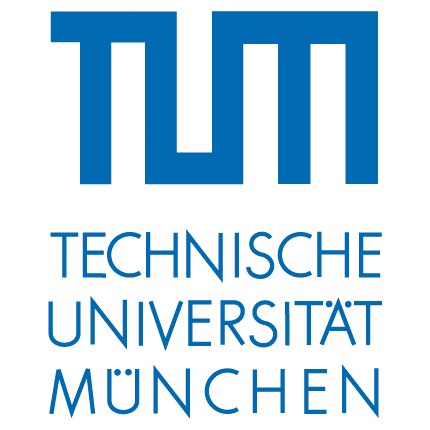Date/Time:
05
Oct
2020
to: 09 Oct 2020
Location:
Bad Neuenahr, Germany
Website:
Go to Website.
Information:
Between 2002 and 2017 the Gravity Recovery and Climate Experiment (GRACE) satellite mission provided a unique 15+ years times series of monthly changes of large ice sheets and glaciers, near-surface and underground water storage, the amount of water in large lakes and rivers, or changes in sea level and ocean currents. The observation of mass change provides fundamental indicators of the large-scale climate dynamics and state of our planet, and an integrated global view of how Earth’s water cycle and energy balance are evolving. Since 2018 GRACE Follow-on (GRACE-FO) successfully extends this time series and demonstrates the effectiveness of a tech demo Laser Ranging Interferometer for future gravity missions.
Only by concurrently improving and better understanding of sensor data, background models, and processing strategies of GRACE and GRACE-FO satellite gravimetry, the resolution, accuracy, and long-term consistency of mass transport series from satellite gravimetry can be significantly increased; and only in that case the potential of future technological sensor developments can be fully exploited.
The autumn school „New Refined Observations of Climate Change from Spaceborne Gravity Missions“ will educate a group of 35 Ph.D. students and junior scientists in state of the art GRACE and GRACE-FO satellite gravimetry data processing (e.g. spherical harmonic analysis, filtering/de-striping, global/regional analysis of grid data) and applications of mass transport data in Earth system sciences related with the global water cycle, the oceans, the cryosphere or the atmosphere.
